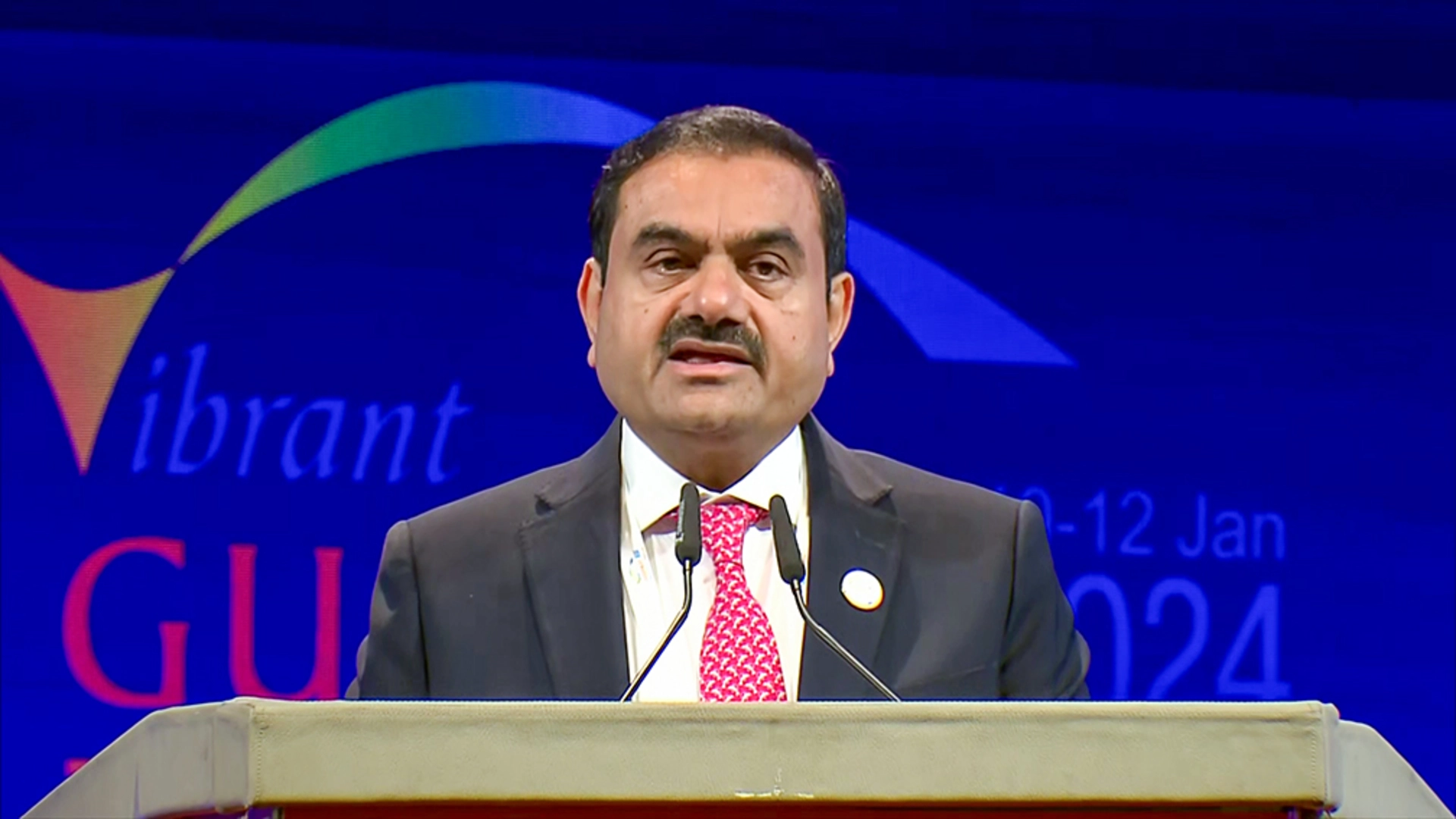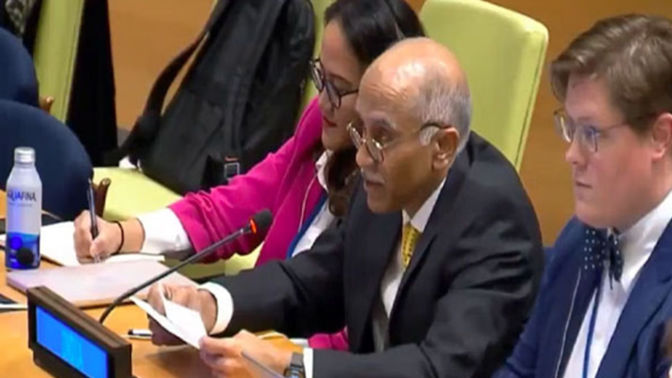
Infertility is a deeply personal and often challenging journey that can have a profound impact on a couple’s mental health. The emotional toll of infertility can be overwhelming, leading to feelings of sadness, anxiety, and even depression.Infertility is a medical condition characterized by the inability to conceive a child after a year or more of regular, unprotected intercourse. While it is a physical condition, the emotional toll it takes on couples can be immense.
Here are some of the key ways infertility can impact mental health:
– Stress and Anxiety: The constant cycle of hope and disappointment can lead to chronic stress and anxiety. Couples may experience anxiety before and after fertility treatments, often worrying about the outcomes.
– Depression: The prolonged struggle with infertility can lead to feelings of sadness and hopelessness, ultimately resulting in clinical depression for some individuals.
– Low Self-Esteem: Infertility can cause couples to question their self-worth and can lead to feelings of inadequacy or failure.
– Isolation: Couples may feel isolated from friends and family who do not understand the emotional complexities of infertility, leading to feelings of loneliness.
– Relationship Strain: The stress of infertility can put a significant strain on a couple’s relationship, leading to conflict and tension.
Ten Tips to Boost Mental Health during Infertility
While dealing with infertility can be incredibly challenging, there are steps couples can take to preserve their mental health throughout the journey:
– Seek Professional Help: Consider consulting a therapist or counselor who specializes in infertility. Therapy can provide a safe space to express your emotions and develop coping strategies.
– Educate Yourself: Understand the medical aspects of infertility, including available treatments and their success rates. Knowledge can empower you and reduce uncertainty.
– Open Communication: Maintain open and honest communication with your partner. Share your feelings, fears, and hopes to strengthen your bond.
– Set Realistic Expectations: While it’s important to remain hopeful, it’s also crucial to set realistic expectations for the journey. Be prepared for setbacks and understand that infertility treatments may take time.
– Connect with Support Groups: Joining a support group for couples experiencing infertility can provide a sense of belonging and understanding. Sharing experiences with others who are going through similar challenges can be comforting.
– Self-Care: Prioritize self-care by engaging in activities that promote relaxation and well-being, such as yoga, meditation, or hobbies you enjoy.
– Limit Stress: Identify and minimize sources of stress in your life. This may include adjusting your work schedule, avoiding negative triggers, and practicing stress-reduction techniques.
– Maintain a Healthy Lifestyle: Focus on maintaining a balanced diet and regular exercise routine. Physical health and mental well-being are closely connected.
– Set Boundaries: Be clear with friends and family about your boundaries when it comes to discussing infertility. Its okay to ask for privacy and space when needed.
– Consider Alternatives: While infertility treatments can be emotionally taxing, explore other family-building options, such as adoption or surrogacy. Knowing there are alternative paths to parenthood can provide hope and relief.
Infertility is a challenging journey that can have a profound impact on a couple’s mental health. It’s essential to recognize and address the emotional toll it takes, seeking support and implementing strategies to maintain well-being throughout the process. By following the ten tips outlined in this article, couples can navigate the challenges of infertility while preserving their mental and emotional health. Remember that seeking professional help and connecting with others who share similar experiences can be invaluable sources of support during this difficult time. Infertility may be a part of your story, but it doesn’t define your worth or happiness.
The author is a Consultant, Birla Fertility & IVF.















